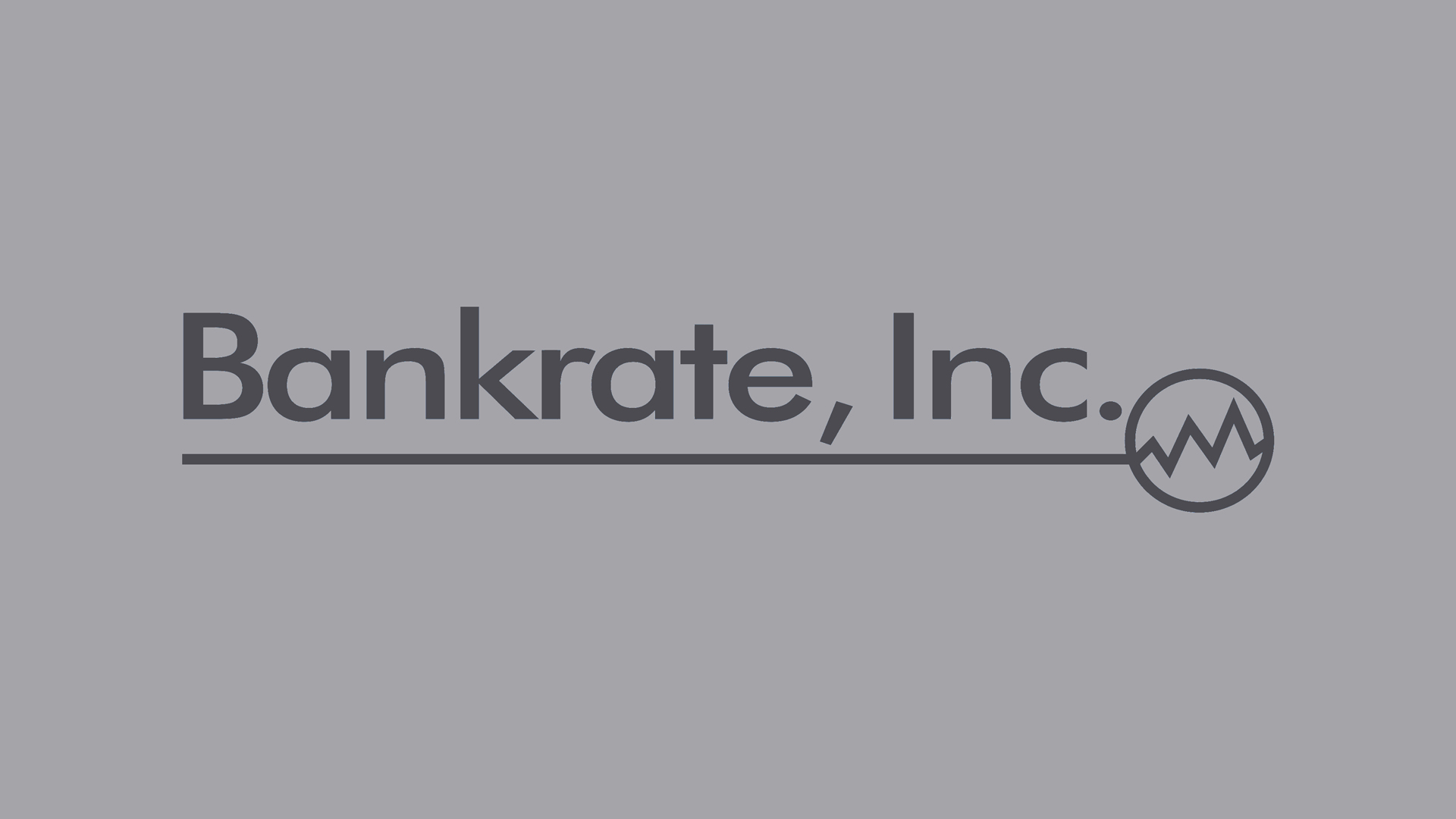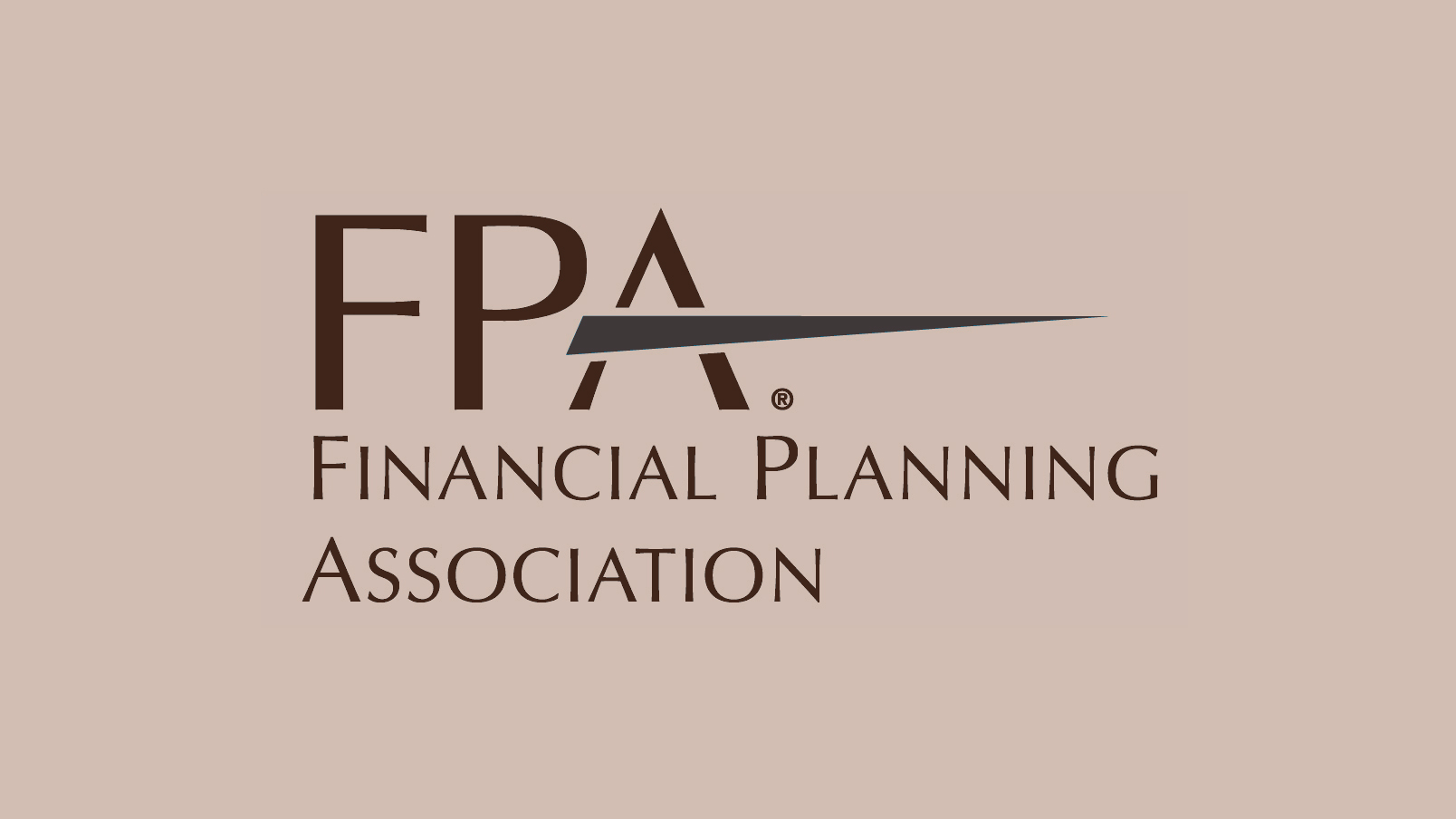When former cubicle-jockeys switch to a freelance career, it’s almost always in pursuit of one elusive goal: freedom.
But with that freedom comes uncertainty. Many newly self-employed individuals find themselves missing the income consistency that came with their old gig.
But variable income doesn’t have to mean a dubious financial situation. There are a few methods you can use to create the consistency you’re looking for. This allows for the kind of stability you’d enjoy at an office job.
Here’s how I manage my own variable income:
Calculate how much you need.
Living on a variable income is stressful if you’re also living in the dark. If you don’t know how much you need to survive, how can you know if you’re budgeting correctly?
Go through your spending and add up your necessary expenses, including rent, groceries, gas, utilities, debt payments and other bills.
Then divide that number by 75% to calculate your target income.
That will be the minimum you need to earn each month. Anything left over can be used for discretionary spending or saving.
Live on last month’s revenue.
While salaried individuals know how much they’re going to bring in every month, people living on a variable income have no clue.
A long-term client could take an extended vacation or an assignment might be delayed indefinitely. One of my favorite ways to combat this uncertainty is to live on last month’s invoices.
If you grossed $3,000 last month, then you can only spend $3,000 this month — even if you project to make $4,500 this month.
This budgeting philosophy is all about spending the money you have, not the money you think will have. After all, things can and will go wrong every month. The technique also eases your cash flow, since many freelancers don’t get paid until 30 days after they’ve submitted an invoice.
Save most of your surplus.
A friend of mine who worked in the dance industry once told me about a mentor who would go designer shopping every time she got a choreography gig. These jobs paid exceedingly more than teaching gigs and left her with more cash than she was used to.
Instead of saving that dough, she’d go shopping for name-brand purses and clothes. I was shocked when I heard that story, but not surprised. It’s human nature to go on a shopping spree when you land a big windfall. However, budgeting responsibly (especially on a variable income) is all about denying those urges.
It’s ok to celebrate a new client or big project as long as you’re tucking some of it away for a rainy day. Try to save between 70% and 80% of your surplus income and enjoy the rest responsibly.
Keep an emergency fund.
Everyone who works for themselves has a slow period where the work seems to dry up. You can plan ahead for these months by having a larger-than-normal emergency fund.
I keep a six-month emergency fund since my husband and I are both self-employed. Having half a year’s worth of expenses keeps us afloat during the off-season. It’s a good buffer to have and prevents me from picking up a McDonald’s application when the work starts to dwindle.
Multiply your baseline income by how many months you want to save for. Most people with variable income should have between six months and a year’s worth of bills saved in an emergency fund.
Make your expenses the same every month.
One of my favorite ways to regulate my finances has been budget billing for our utilities. Most gas, water, and electric companies allow you to pay the same amount every month instead of the amount you use.
Having budget billing has simplified my finances since I know our water bill will be static, no matter the season. I don’t have to worry about high gas statements in the winter or AC costs in the summer. Contact your energy company to see if they offer this service.
Look for other ways to normalize your bills so that you have the same expenses each month.
Save by percentage, not dollar amount.
Writer Jackie Lam of Cheapsters became a freelancer after she got laid off at her full-time gig. To make the transition smoother, she started saving a percentage of what’s left over after she’s paid the bills, instead of a specific dollar amount.
For example, instead of saving $200 a month for a vacation, she sets aside 5% of her budget. Using percentages makes it easier to hit her savings goals, even if she hasn’t had the most productive month.
In busy times, she might save more than $200, and during slowdowns she might only save $100. That percentage tends to average out over the year.
It’s a way to feel a little more secure and avoid feeling like a failure if you don’t hit a set dollar amount.
Be your own CEO.
If you really miss the stability of office life, consider paying yourself a salary. Once you’ve calculated your baseline, it’s simple enough to choose a stable wage to take going forward. Overage income can be applied to your savings, while consistently coming in under budget can be a warning sign that it’s time to take a pay cut.
This isn’t exactly the most efficient method listed, but it can take a lot of psychological weight off of planning your finances. It’s simple. Pay yourself a little less than you typically make and save the rest.
Do you live on a variable income? How do you make it work? What’s your favorite budgeting technique? Let us know in the #Adulting community on Facebook.

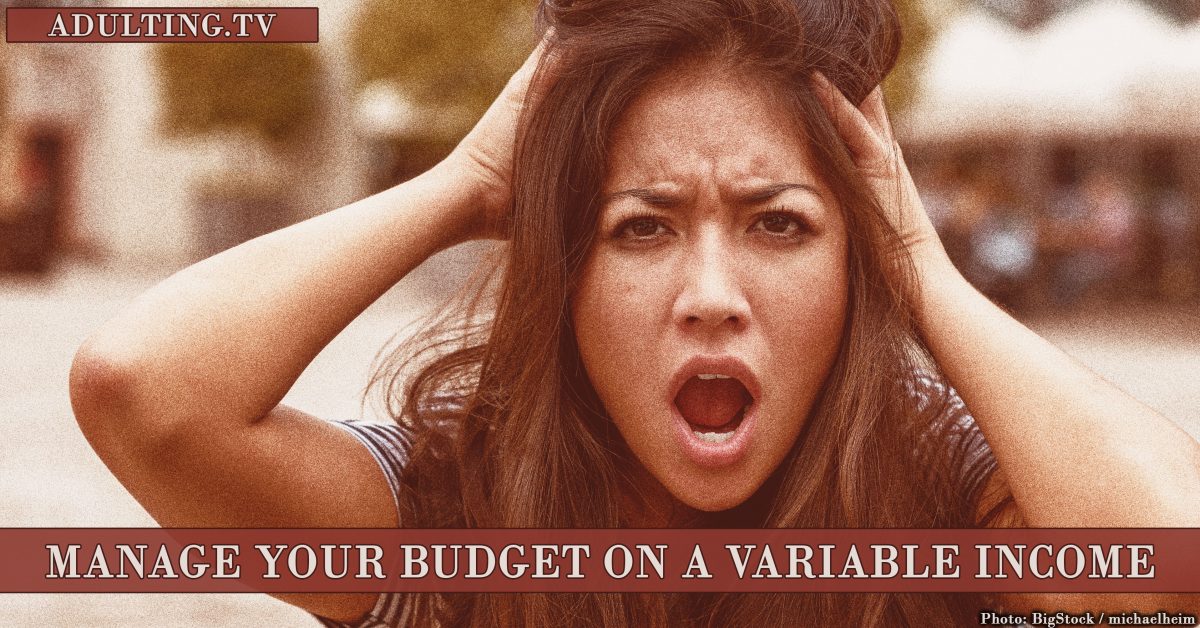
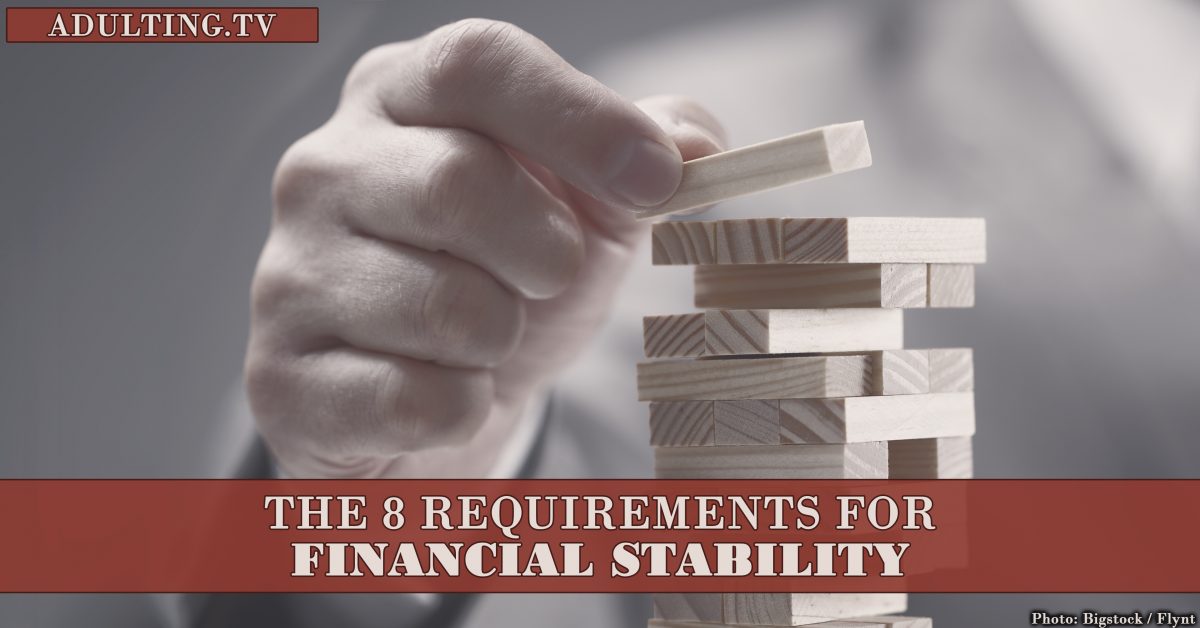
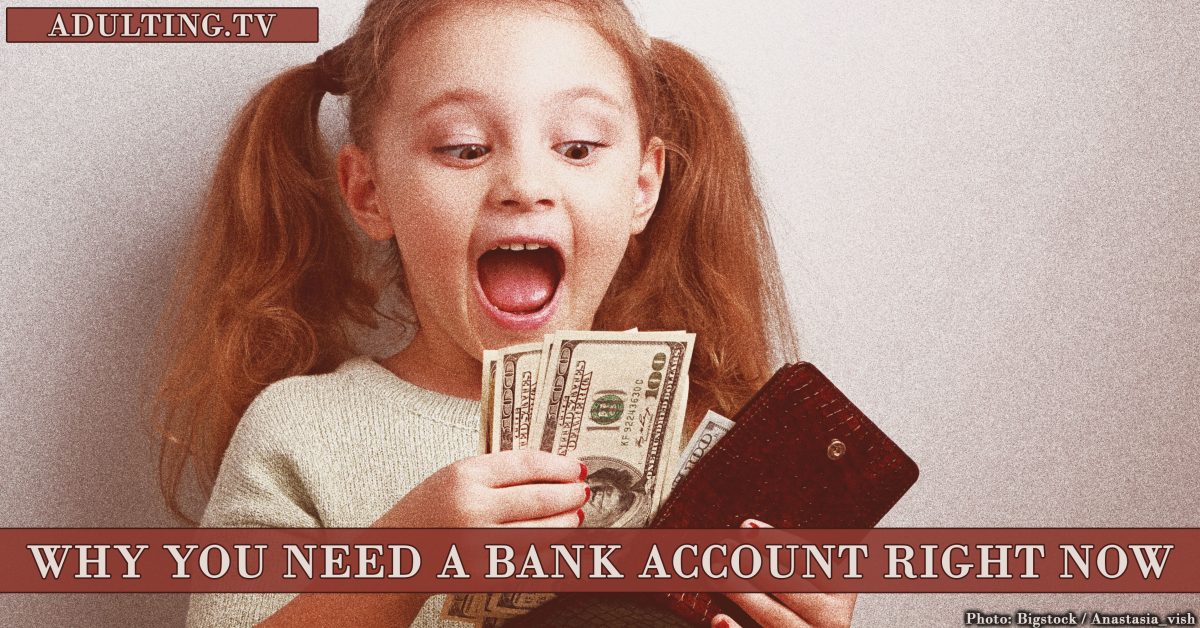
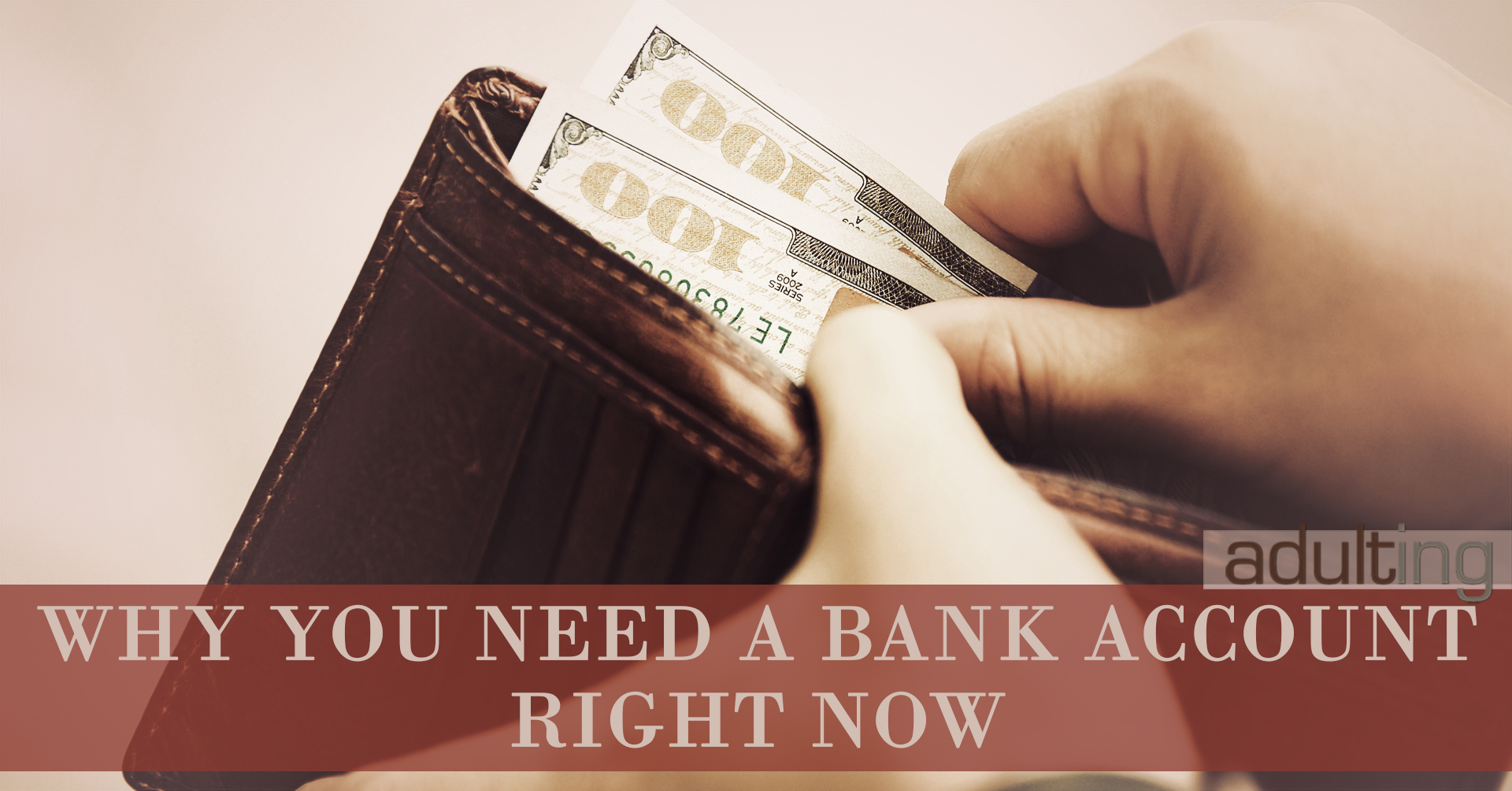
![[B020] Stop Scraping By ft. Erin Lowry, Broke Millennial](https://adulting.tv/wp-content/uploads/2017/02/erin-lowry-1200x628.jpg)
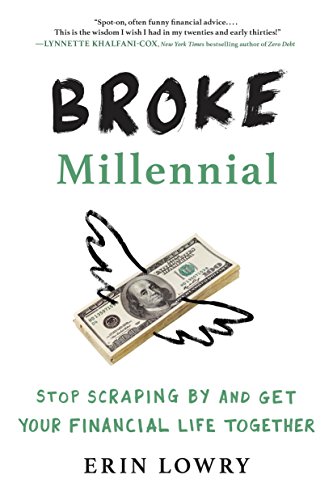
![[A045] Ish Happens: Prepare For the Inevitable Emergency](https://adulting.tv/wp-content/uploads/2016/11/a045-1200x628.jpg)

